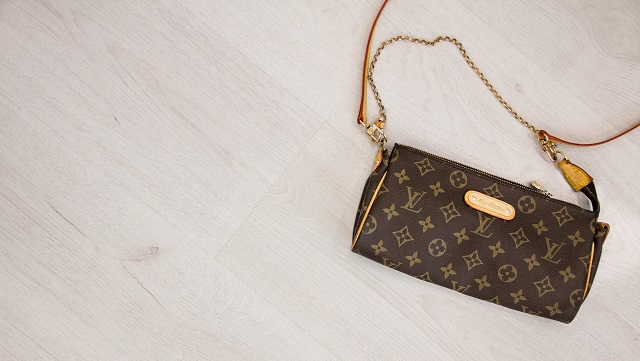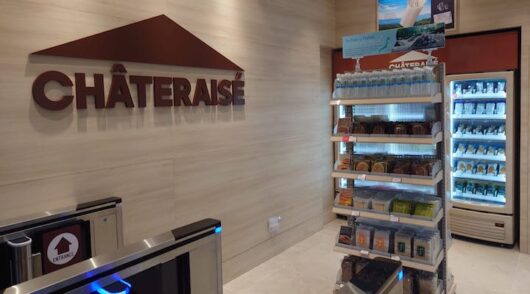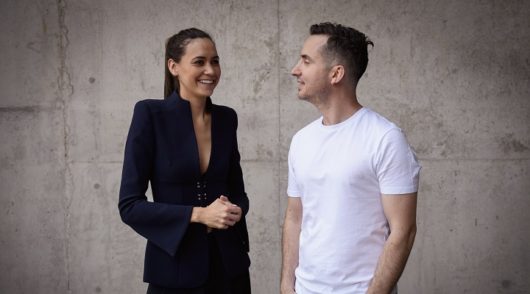
Amazon and the Australian Government have announced separate initiatives this week to combat the growing problem of counterfeit goods being sold online.
On Monday, IP Australia announced the Trust Badge, a new digital app that allows brands to verify products being sold online as authentic.
The badge provides visual proof of authenticity by displaying details of the brand owner’s registered trade mark directly on the website.
It is part of IP Australia’s Smart Trade Mark platform, which allows trade mark owners to authenticate their products, retail partners and supply chains by digitally linking them to their trade mark using blockchain technology and APIs.
The Trust Badge is currently being trialled by the NRL on two websites, NRL Shop and Savvy Supporter.
A growing problem
The sale of fake goods is a growing problem, according to a 2019 report from the Organisation for Economic Co-operation and Development. Counterfeit and pirated products are estimated to account for 3.3 per cent of global trade.
The industries hit hardest are footwear and clothing, which accounted for 22 per cent and 16 per cent of the value of the fake goods seized in 2016, respectively, according to the OECD report.
They are followed by leather goods (13 per cent), electrical equipment (12 per cent), watches (7 per cent), medical equipment (5 per cent), perfumes and cosmetics (5 per cent), toys (3 per cent), jewellery (2 per cent) and pharmaceuticals (2 per cent).
Paula Adamson, general manager of IP Australia’s trade marks and designs group, told Inside Retail that the rise of e-commerce has made businesses more vulnerable to counterfeiters.
“Trading on the internet gives businesses access to global markets. Online trading also means that a business’s intellectual property can potentially be infringed by users anywhere in the world,” Adamson said.
The popularity of online marketplaces, such as eBay, Amazon and Alibaba, has made them a target for counterfeiters to pass off their products to consumers. But brands have also accused these platforms of prioritising growth over protecting IP.
Adamson said brands and retailers should both be working to stop the sale of counterfeit goods.
“While businesses are responsible for enforcing their own intellectual property, it is also important that online retailers do their due diligence to ensure that the products and services they are selling are genuine,” she said.
Marketplaces respond
In recent years, Alibaba and Amazon have started to acknowledge the problem and introduce anti-counterfeiting measures, though some say they do not go far enough.
Dharmesh Mehta, Amazon’s vice president of worldwide customer trust and partner support, said the company is “committed to protecting our customers and the brands we collaborate with worldwide”.
This can be seen in the expansion of its Project Zero anti-counterfeiting program to Australia on Tuesday.
Local marketplace sellers can now join the program and gain access to the online retail giant’s counterfeit removal tool and add unique serial numbers to products they enrol in the program, enabling Amazon to scan and confirm the authenticity of every purchase.
On top of this, Amazon will now include attempted product listings on the Australian storefront among the global listings that it scans for suspicious content daily.
The company scans more than 5 billion attempted product listings every day using machine learning, which it constantly feeds with new information, to identify and block potential counterfeit listings.
More than 10,000 brands have signed up to Project Zero since it launched last year. They include large, global brands, such as BMW and Salvatore Ferragamo, and emerging entrepreneurs.
The expansion of the program to new markets means that existing participants can use the tools there as well. Project Zero is currently in 17 of the markets where Amazon has a storefront globally.
Besides Project Zero, Amazon in June launched the Amazon Counterfeit Crime Unit (ACCU), a global team that will investigate and bring legal action against bad actors, protecting customers, selling partners and brands.
It has also introduced the Amazon IP Accelerator and Amazon Brand Registry services to help sellers protect their brand on the platform.






